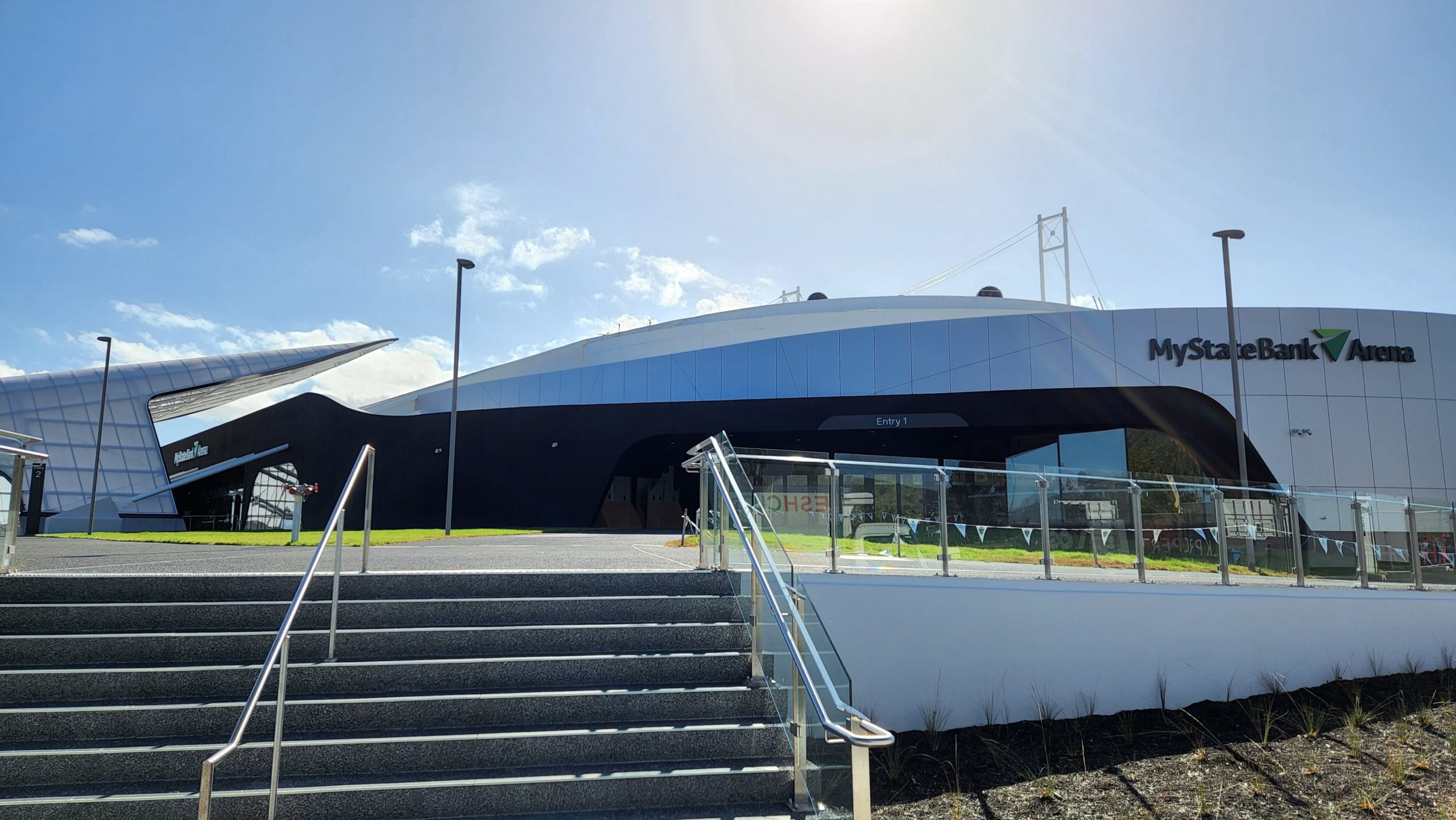From Office Spaces to Retail: Commercial Real Estate Trends to Watch
The commercial real estate landscape is undergoing a transformation that spans from office spaces to retail properties. In this article, we’ll explore the pivotal trends shaping the industry, uncover the driving forces behind these shifts, and provide insights into emerging opportunities. Join us on a journey through the dynamic world of real estate investments.
Navigating the Diverse Real Estate Trends
The Flexible Office Revolution
The traditional office concept is rapidly evolving. The rise of remote work and the demand for flexible, community-driven workspaces have triggered a revolution in office real estate. Co-working spaces and shared offices have surged in popularity, offering cost-effective solutions with modern amenities.
- The dynamic nature of office spaces aligns with the evolving needs of businesses and the modern workforce.
The E-commerce Impact on Retail and Warehousing
The e-commerce boom is leaving an indelible mark on commercial real estate. Warehouses, distribution centers, and last-mile delivery hubs have become essential components of the industry. This transformative effect extends to the retail sector, pushing for the creation of experiential, community-centric concepts.
- The e-commerce-driven evolution is forcing retail spaces to adapt and create engaging, customer-focused experiences.
Sustainability and Well-being at the Core
Sustainability and well-being have shifted from being trends to becoming fundamental considerations in commercial real estate. Eco-friendly buildings, energy-efficient designs, and health-conscious workplaces are now essential for attracting tenants, meeting regulatory requirements, and appealing to conscientious investors.
- Incorporating sustainability and well-being practices is not just responsible but also financially savvy.
Emerging Trends and Opportunities
Tech-Powered Properties
The integration of technology is no longer an option but a necessity for commercial properties. Smart buildings, IoT integration, and data-driven management systems enhance efficiency, reduce operational costs, and make properties more attractive to tech-savvy tenants.
- The tech-driven transformation is a game-changer in property management and investment strategies.
Mixed-Use Developments
Mixed-use developments that combine residential, retail, and office spaces are gaining traction. These developments create vibrant, walkable communities that cater to the preferences of the modern workforce while maximizing property value.
- Investing in mixed-use developments offers diverse opportunities for investors and contributes to the creation of thriving urban communities.
Adaptive Reuse for Sustainability
Repurposing older structures for contemporary uses is not only cost-effective but environmentally responsible. Adaptive reuse preserves historical and architectural value while offering unique and character-rich spaces for businesses.
- Adaptive reuse aligns with sustainability goals and offers creative alternatives to new construction.
Photo by Francesca Tosolini on Unsplash
Strategies for Success
Informed Decision-Making
Staying informed about market trends, economic indicators, and local demand is essential. Comprehensive research provides the knowledge needed for making informed investment decisions and identifying opportunities in emerging areas.
- Knowledge is a powerful asset in the world of real estate investments.
Diversification for Risk Mitigation
Diversifying your real estate portfolio is a critical strategy for mitigating risk. A mix of property types and geographic locations spreads investments across various sectors, reducing exposure to market fluctuations.
- Diversification is a safeguard against market volatility and an integral part of a balanced investment approach.
Investing in Sustainability and Innovation
Embracing sustainability and innovative technologies can significantly enhance property value and desirability. Investments in energy-efficient upgrades, green building certifications, and cutting-edge technology attract eco-conscious tenants and reduce long-term operational costs.
- Sustainability and innovation are not just trends; they are essential for property management and investment success.
The Power of Adaptability
In a dynamic market, adaptability is paramount. Being open to adjusting your strategies in response to evolving trends, whether it involves repositioning a property, exploring new sectors, or creatively adapting to market changes, is the hallmark of successful investors.
- Adaptability is the compass guiding investors through the ever-evolving landscape of commercial real estate.
Conclusion
From office spaces to retail, the world of commercial real estate is in a constant state of transformation. Adapting to the evolving needs of businesses and the transformative impact of technology is paramount for success. Recognizing the driving forces behind these trends and seizing the opportunities they present is the key to thriving in this dynamic realm.











